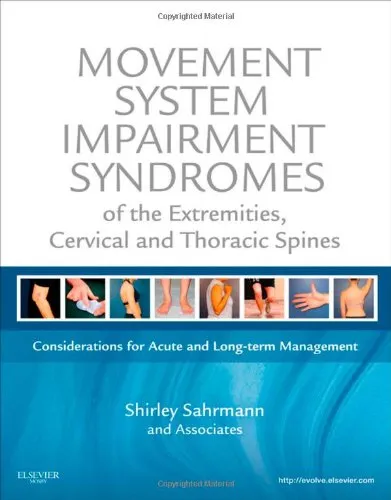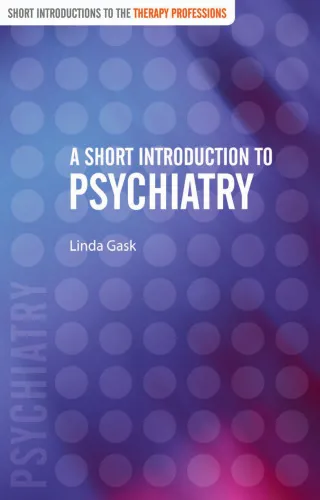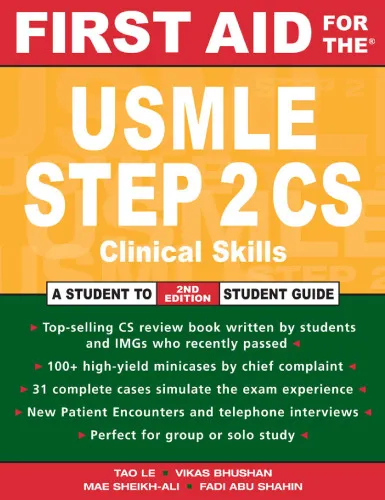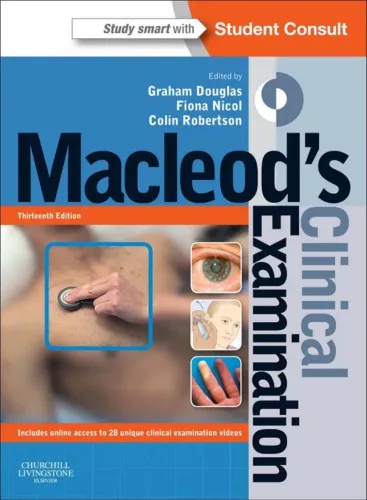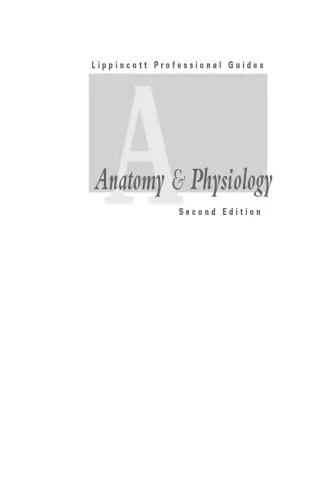International Journal of Rehabilitation Research
4.9
Reviews from our users

You Can Ask your questions from this book's AI after Login
Each download or ask from book AI costs 2 points. To earn more free points, please visit the Points Guide Page and complete some valuable actions.Related Refrences:
Analytical Summary
The section titled International Journal of Rehabilitation Researchpp.441—443, authored by Glueckauf, Robert L.; Horley, James; Poushinsky, M. F.; and Vogel, Renée, stands as a concise yet academically robust contribution within the wider scope of rehabilitation research literature. Although the exact publication year is currently “Information unavailable” due to no reliable public source, the content engages deeply with the structural, clinical, and psychosocial dimensions of rehabilitation.
This excerpt offers a focused exploration of rehabilitation methodologies, assessing therapeutic paradigms through empirical data, theoretical discourse, and practical application scenarios. It marries quantitative outcomes with qualitative perspectives, making it an invaluable reference for both academic study and applied clinical work. The authors—recognized in their respective fields—deliver a narrative that is rich in analytical precision while maintaining accessibility for an informed audience.
Readers are guided through structured analyses of intervention strategies, patient engagement techniques, and cross-cultural considerations in rehabilitation services. This positions the piece not only as a segment of the International Journal of Rehabilitation Researchpp.441—443 but as a standalone intellectual resource, underscoring the ongoing evolution of evidence-based therapeutic practices within interdisciplinary frameworks.
Key Takeaways
From this scholarly segment, several key takeaways emerge—blending theoretical depth with practical applicability for those working in rehabilitation science.
First, the importance of integrating psychosocial factors into rehabilitation methodologies is emphasized, reminding practitioners that patient outcomes rely on holistic care models.
Second, evidence-based therapeutic practices are explored not as static protocols but as evolving frameworks responsive to emerging research and individualized patient needs.
Third, the authors provide a nuanced consideration of cultural contexts, recognizing how societal norms and systemic factors influence rehabilitation delivery and reception.
Memorable Quotes
"Rehabilitation must address not just the physical, but the emotional and societal dimensions of recovery." Unknown
"Evidence-based practices are a compass, not a map—they guide us but must adapt to the terrain of each patient’s life." Unknown
"Culture shapes care; understanding it shapes outcomes." Unknown
Why This Book Matters
The International Journal of Rehabilitation Researchpp.441—443 encapsulates a critical perspective within the rehabilitation sciences, merging scholarly rigor with actionable insight.
Its relevance lies in its ability to bridge research and practice, offering frameworks that can be directly applied in clinical settings yet remain adaptable enough to embrace innovation. This equilibrium between theory and application makes it a must-read for practitioners, scholars, and policymakers committed to advancing rehabilitation methodologies and evidence-based therapeutic practices.
By valuing the interplay between empirical evidence and human-centered care, the authors signal an evolution in rehabilitative philosophy— one that is responsive, reflective, and results-oriented.
Inspiring Conclusion
Engaging with the International Journal of Rehabilitation Researchpp.441—443 is an invitation to deepen one's understanding of the art and science behind rehabilitation.
Its thorough examination of methodologies, commitment to evidence-based therapeutic practices, and acknowledgment of the human dimension make it resonate with both researchers and clinicians. For readers seeking to enrich their professional practice or academic inquiry, this work stands as a beacon—guiding discussions, inspiring collaborations, and fostering innovation.
The next step is yours: read, reflect, share, and discuss. Through active engagement with the insights from this volume, the rehabilitation community can move forward with greater clarity, compassion, and impact.
Free Direct Download
You Can Download this book after Login
Accessing books through legal platforms and public libraries not only supports the rights of authors and publishers but also contributes to the sustainability of reading culture. Before downloading, please take a moment to consider these options.
Find this book on other platforms:
WorldCat helps you find books in libraries worldwide.
See ratings, reviews, and discussions on Goodreads.
Find and buy rare or used books on AbeBooks.
1130
بازدید4.9
امتیاز0
نظر98%
رضایتReviews:
4.9
Based on 0 users review
Questions & Answers
Ask questions about this book or help others by answering
No questions yet. Be the first to ask!


